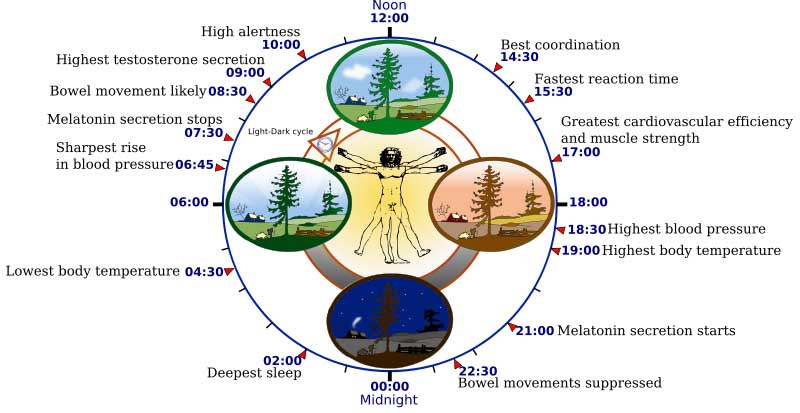
I ran across an interesting study the other day that suggests that a simple blood test can predict when women will enter menopause.
Although the test is used primarily in the fertility setting (to measure the size of the ovarian follicle pool, if you will), it got me thinking: could it be useful during pre-menopause to predict timing and allow for ample time to, say, engage in more healthy bone-building or heart-strengthening habits or start developing mind-body strategies that reduce stress and promote the production of nitric oxide? Better yet, is this blood test a tool or marker of time that a major life transition is upon us and prompt us to pay attention to ourselves and start doing things that not only benefit our loved ones but also ourselves?
Reporting in the Journal of Clinical Endocrinology last year, researchers said that they have developed a blood test that measures a hormone known as “anti-Mullerian hormone” (AMH). AMH correlates to immature follicles in the ovaries whose role it is to house mature eggs. The greater the number of these follicles, the more likely it is that a woman will conceive.
In the study, AMH levels were measured in 144 fertile women between the ages of 26 and 46. Researchers then set a baseline level and compared them to the AMH levels in women who had undergone menopause. They were then able to observe that there was a close correlation between declining AMH levels and the age that which menopause began.
Although additional studies are clearly needed to support these findings, some infertility clinics are evidently already using AMH as a marker for a patient’s fertility “potential.” According to an article on the study that appeared in Time magazine last year, the blood test might also be useful in cancer patients to measure the impact of chemotherapy on fertility.
In the interim, it is interesting to consider the utility of the AMH blood test for women in midlife so that they can take steps to insure wellbeing and optimal health during the menopause.
Food for thought.







Trackbacks/Pingbacks